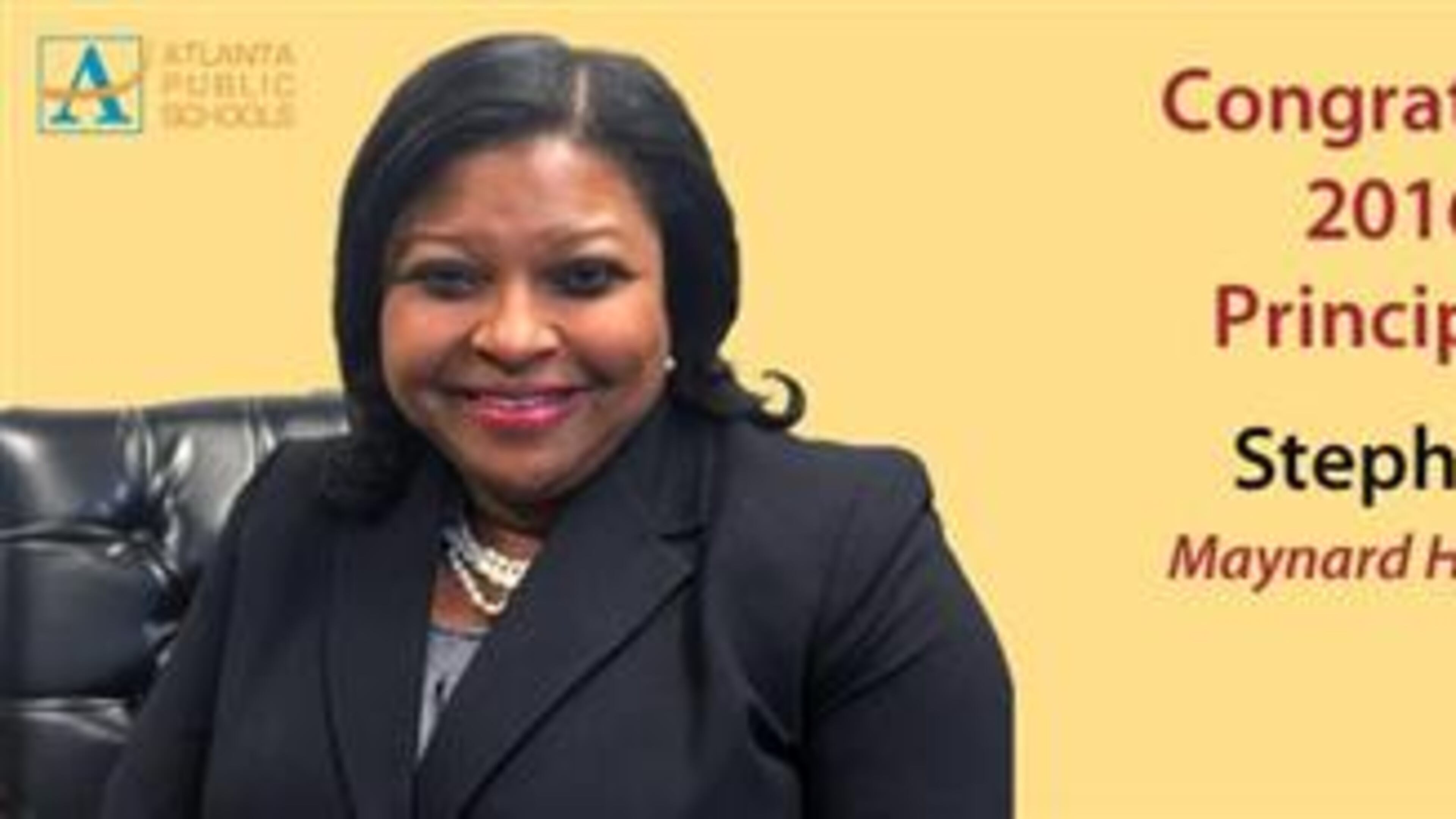Turnaround of Atlanta's Maynard Jackson High offers national model

Pedro A. Noguera is a Distinguished Professor of Education at UCLA Graduate School of Education & Information Studies. He worked closely with several schools in the Atlanta neighborhood surrounding Maynard Jackson High School two years ago and believes what has been accomplished there is noteworthy.
In this piece, Dr. Noguera tells us why. He credits much of the success at Jackson to its dynamic principal Stephanie Johnson. I have served on a panel with Johnson and she is a force of nature. She would make an excellent superintendent someday.
By Pedro A. Noguera
Two years ago, all of the news coming out of Atlanta related to education was bad. The cheating scandals, the indictment and conviction several educators, and the incriminations made by leaders (Notably, school board members and the mayor) tarnished the reputation of the city and its schools. The crisis also raised serious doubts about the state and federal education policies that had produced the pressure to dramatically raise student test scores, but most of the blame fell upon the educators in the Atlanta Public Schools.

It’s taken some time for the acrimony to subside and for the situation in classrooms and schools to return to some semblance of normal. There continues to be a steady stream of stories related to the unusually long sentences rendered by Fulton Superior Court Judge Jerry Baxter on the indicted Atlanta educators, and the brewing controversy over Gov. Nathan Deal’s plans to take control over large numbers of under-performing schools. However, the big news story in education should be what has occurred at Maynard Jackson High School.
Back in 2011 when the school was faced with declining enrollment, low graduation rates and abysmal test scores, the superintendent appointed turnaround specialist Stephanie Johnson principal of the school.
Ms. Johnson has successfully led improvement efforts at two schools in Clayton County. Yet, despite her experience, Ms. Johnson quickly surmised that turning around Maynard Jackson would be unlike the others she’d taken on before. Aside from addressing the significant academic challenges the school faced, the neighborhood surrounding Jackson was quickly gentrifying.
Principal Johnson understood that to succeed she would have to find a way to attract new students, many of whom were white and middleclass, to her school. She undertook this challenge by directly engaging her community to find out what they wanted from a neighborhood high school. She came away clear that her strategy would have to extend far beyond increased order and a bump in test scores. To win their support and attract their kids, she would have to find ways to elevate standards, and significantly expand educational opportunities for all of the students served by the school. She would also have to ensure that the predominantly low-income African-American students who were still there, and who for years had been poorly served by the school, would benefit from any changes she implemented.
To help her in this complex work, Johnson sought out partnerships with leading educational institutions – Georgia Tech, Georgia State University and Emory University. This helped her in aligning the school’s curriculum with college requirements. She also brought in a new International Baccalaureate program, added 14 new Advanced Placement courses, and provided consistent, differentiated professional development for her teachers.
The results have been remarkable. Graduation has risen from 57 percent in 2011 to 72 percent in 2015, test scores in all of core subjects have markedly increased, and enrollment shot up from 571 to 1141, in just four years. This year, Maynard Jackson has the highest increase in state College and Career Ready Performance Index score of all high schools in the district. In fact, the CCRPI score is higher than Grady High School’s, which is widely regarded as one of the best public high schools in metro Atlanta.
Most significantly, the school went from a student body that was 98 percent black and low-income, to one that is increasingly integrated by race and class – 27 percent white, 73 percent black. In recognition of her accomplishment, Johnson was named Georgia Principal of the Year by the State Department of Education in March of this year.
What lesson should Atlanta and the rest of the country learn from the experience at Maynard Jackson as we continue to search for ways to improve struggling schools? First and foremost that there are no quick fixes. Johnson didn’t employ any test prep gimmicks to obtain higher test scores. She focused on improving the quality of teaching and elevating academic standards. Secondly, she engaged her community and staff around a new vision that inspired them to believe a superior education could be delivered at this once “failing” school. Finally, she focused on improving the school’s culture by adding a wide array of extracurricular activities that attracted new students and their families to the school.
It would be a mistake to conclude that such measures are easily implemented. Principal Johnson demonstrated considerable fortitude and patience over the last four years to bring these changes about. However, as we consider what should be done to improve the quality of education available to children throughout the country, especially those who have historically been the least well served, we should be encouraged by this example to know that real change is possible.
If this can be done in Atlanta where the legacy of scandal still hangs over the city and its schools, it can be done elsewhere.



